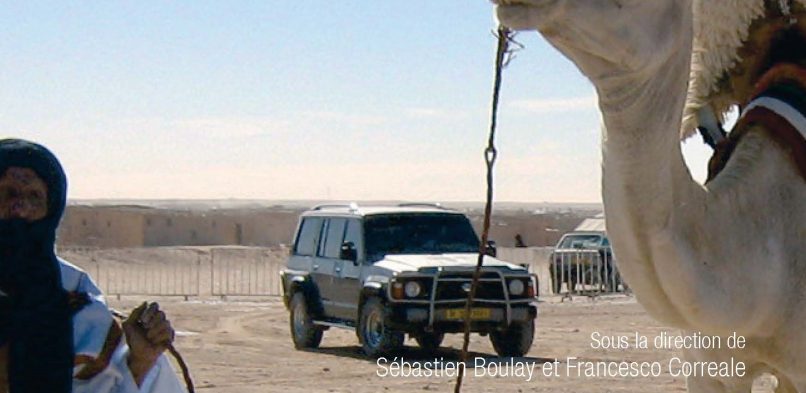The conflict of Western Sahara remains little known and too rarely documented, in France in particular. However, this territorial “dispute” dating back to the 1960s and 1970s is essential to grasp today in all its complexity because it is still the main bone of contention between Morocco and Algeria, and therefore one of the obstacles to construction of the Maghreb and the normalization of Euro-Maghreb relations.
This book, which brings together historians, jurists, political scientists and anthropologists, offers new keys to decipher the roots, the main issues (legal and geopolitical) contemporary with this failed decolonization and proposes an analysis of its demographic, social, political and cultural implications on populations mostly in exile, victims of human rights violations and dependent on international aid.
Far from the usual observation of a conflict in the stalemate of an irresolution that goes on forever, the book focuses instead on the social transformations at work, the political strategies of the actors, the role of new media in the evolution of power relations, or the very creative artistic expressions that this situation generates on both sides of the Wall that separates the territory in two and marks the line of cease-fire since 1991 between the two belligerents Morocco and the Polisario Front.

